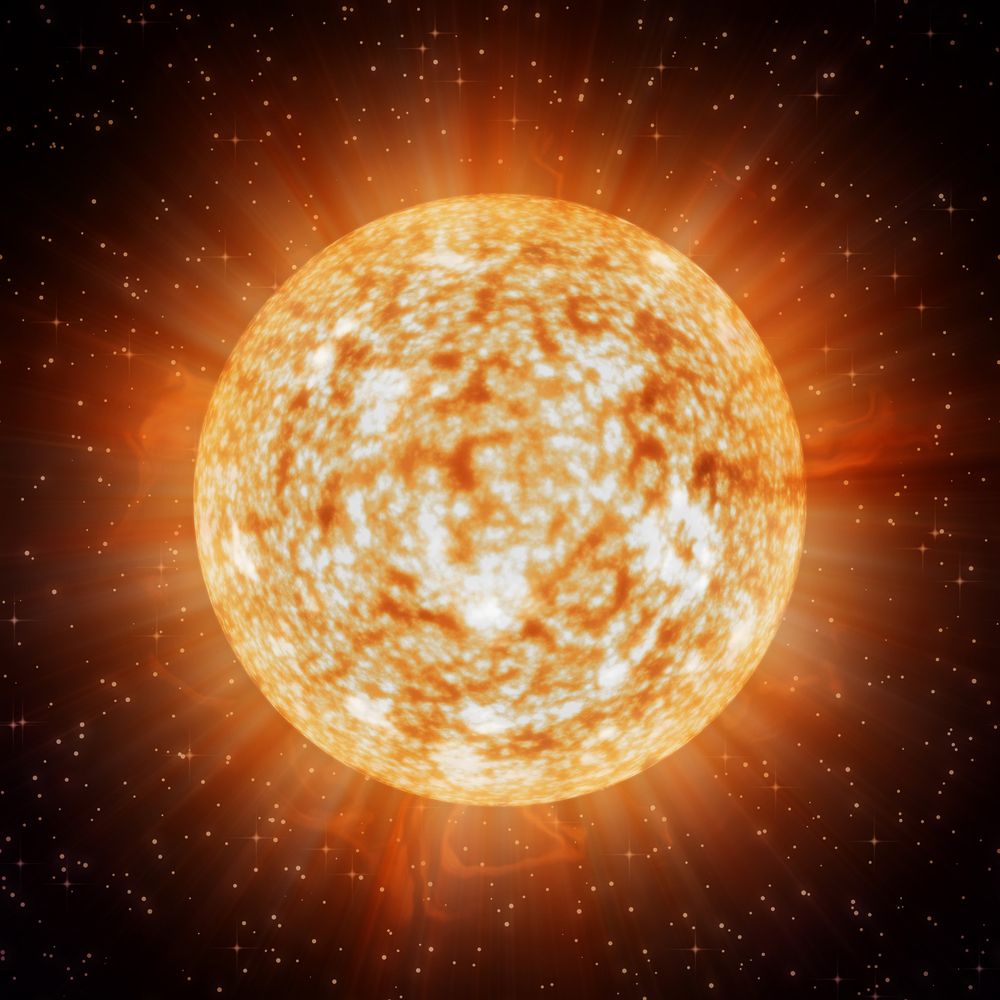You would never know it amid the cloudy, 40-degree weather here in Boston, but the sunny days of summer will be with us before you know it. The thing is that while many of us (particularly my fellow Northeasterners) look forward to a little more sun in our lives, I’m not so sure the sun has our best interests at heart. I attended a session on solar storms the other day at RIMS 2010 and basically learned that there’s a good chance that the sun will be wreaking havoc on our cushy modern lives sometime in the not-so-distant future.
According to Dr. Sten Odenwald, a NASA astronomer, our sun is gearing up for what is called the 24th cycle–a period of increased sunspot activity, known to result in an uptick in solar flares and coronal mass ejections (massive jets of plasma that shoot out from the sun’s surface) that can effect the earth’s magnetic field. This sort of solar activity can damage GPS and satellite systems and cause power grid problems that evidently we are not prepared to deal with. In past periods of increased solar activity, earthlings have experience everything from TV and radio interference to a general increase in feelings of anxiety and panic. Airline traffic has had to be rerouted away from polar areas because radio communication is imposible. Satellites are degraded, shaving years off their useful lives and requiring millions of dollars of replacement or repair costs. Cosmic rays can fry sensitive computer components causing errors, glitches, of even total system failures. Basically it’s a mess.
But the real problem is that today, we are so much more dependent on technology than we ever were. We have a lot more to lose. John Kappenman of Storm Analysis Consultants pointed out that the power grid is particularly vulnerable. Many of the high-voltage transformers that we depend on to run just about everything are not adequately protected from exposure to cosmic rays and considering how costly and time-consuming these transformers are to replace (it takes a year or more just to build one), we would have a real problem if one goes down and, say, takes out the power for the entire East Coast. According to estimates, about 130 million people are at risk in the most probable areas of power failure in the United States and we could see $1-2 trillion dollars in economic losses in the first year alone from a particularly bad, and unfortunately not unprecedented, solar storm. It’s a risk that sounds like the plot of a bad science fiction movie (I’m thinking something with Nicholas Cage) but its actually not even a little far-fetched.
The presenters were of the opinion that we need stronger design codes mandated by the government to prevent a sloar catastrophe. It certainly seems like a fine idea to me. Personally I’m thinking of starting my own sun worshipping cult. At the very least, it can’t hurt to get on the sun’s good side, right?


